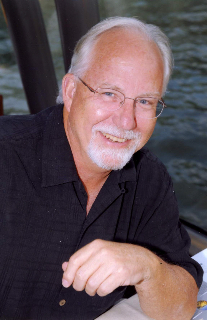|
My Background and Interests
I was a classroom teacher for six years, primarily with students with learning and behavior problems at the middle- and senior-high levels. I also spent four years as a state-level consultant to programs for students with emotional and behavior disorders. After that, I was an educational diagnostician and mainstream consulting teacher for a university-based multidisciplinary diagnostic and training program. For the last 23 years, I have been a university professor and have taught and conducted research in the area of learning disabilities. I have co-authored a number of the learning strategies instructor’s manuals within the Learning Strategies Curriculum, and I have worked with the University of Kansas Center for Research on Learning (KU-CRL) for over 20 years. As a SIM professional development specialist, I have conducted over 100 workshops in more than 20 states and have made presentations and conducted training sessions in Jamaica, South Korea, Russia, Saudi Arabia, India, and Sweden.
My Thoughts about Strategic Instruction
Based on my 25 years of work in the area of strategic instruction, I view this type of instruction as a key approach to the overall education of students with learning disabilities and other students who have difficulty learning. As a teacher, researcher, and parent, I have seen how much strategic instruction benefits students. Students not only learn these strategies and as a result perform better on school-related tasks, there is an overall benefit: they begin to see themselves as successful and competent learners. Another general benefit that I observe is that strategic instruction gives students a way of starting tasks and working their way through them. I often observed students just sitting at their desks looking at the assignment, test, or reading selection not knowing how or where to begin. Strategies are a concrete way of getting started and systematically solving problems and completing tasks. Not a small accomplishment!
|

